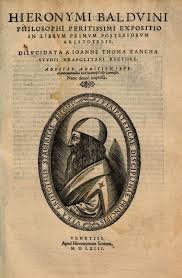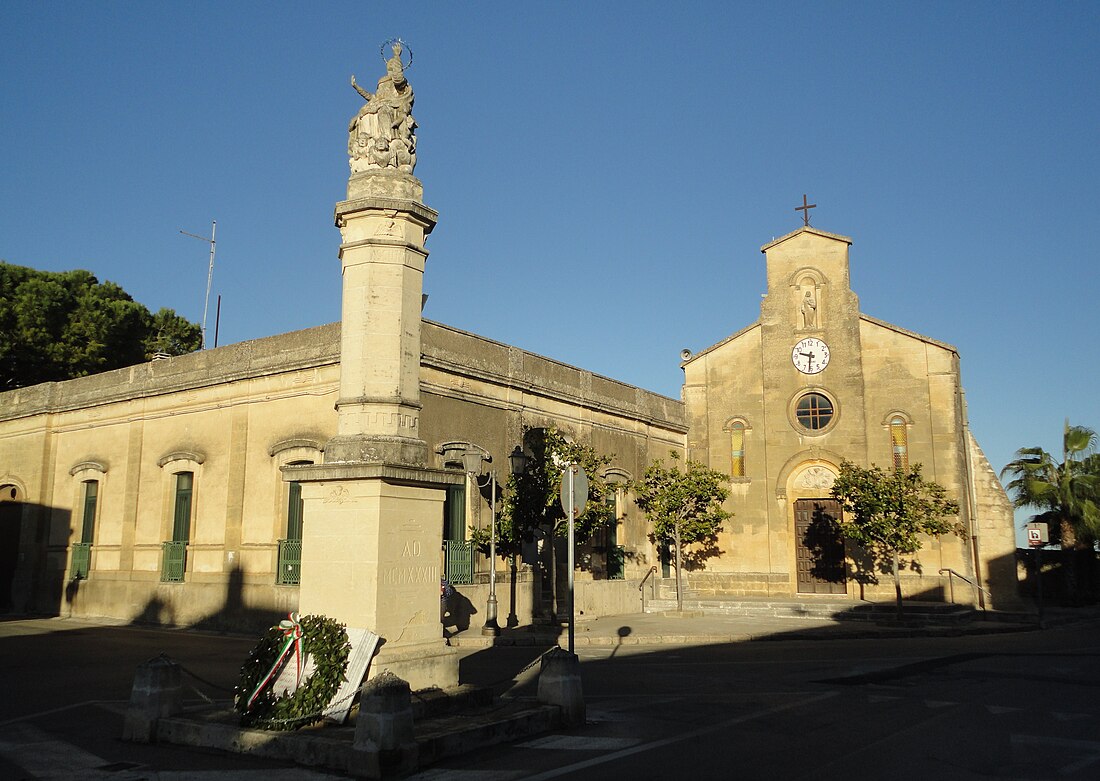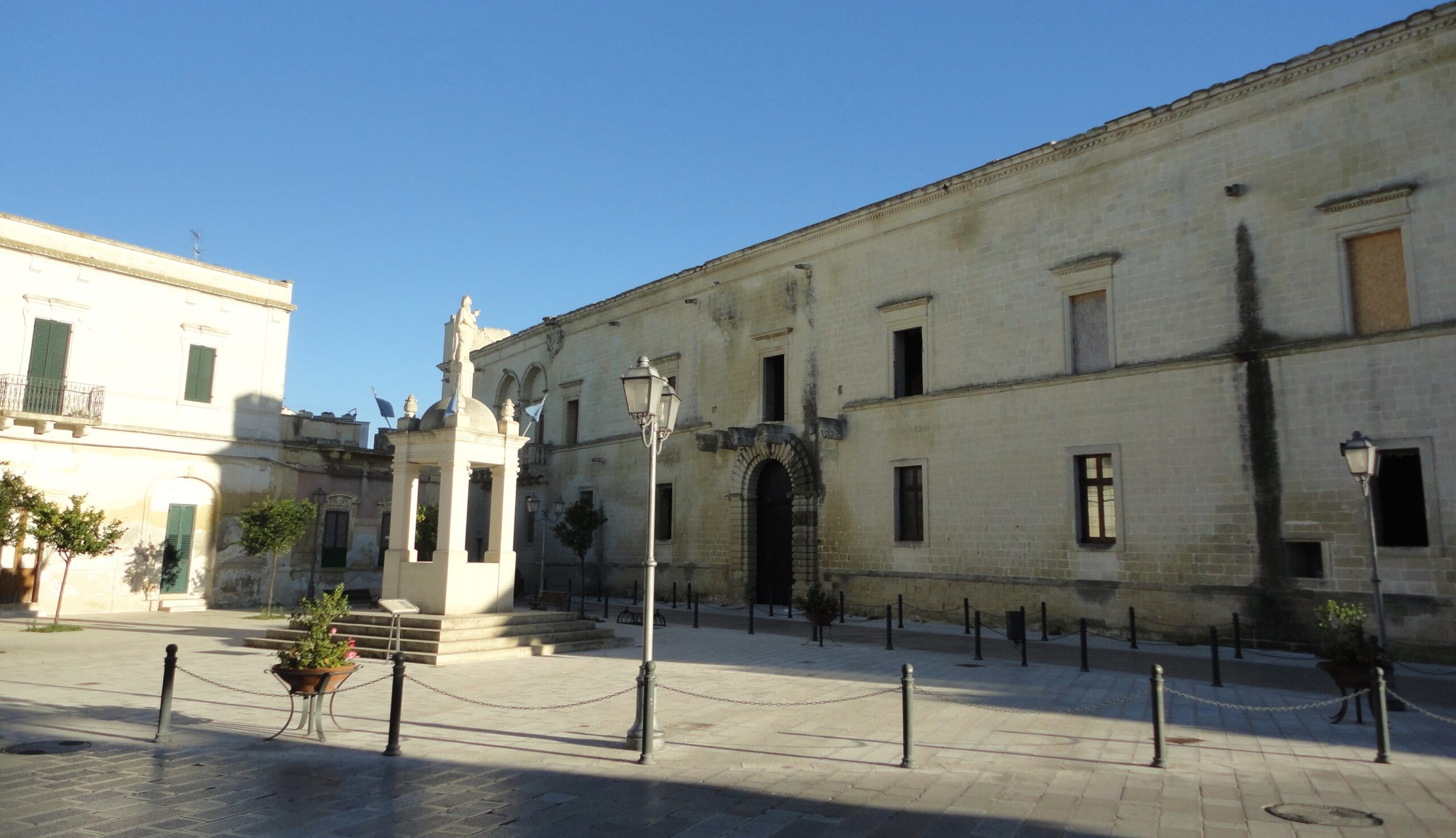Cart
1
Quantity
22,00 €
Product You May Also Like
Payment details
Sub Total
22,00 €
Shipping
Free!
Total
22,00 €
Apply

 E.V. Olive Oil 500 cl
E.V. Olive Oil 500 cl




















Leave a comment